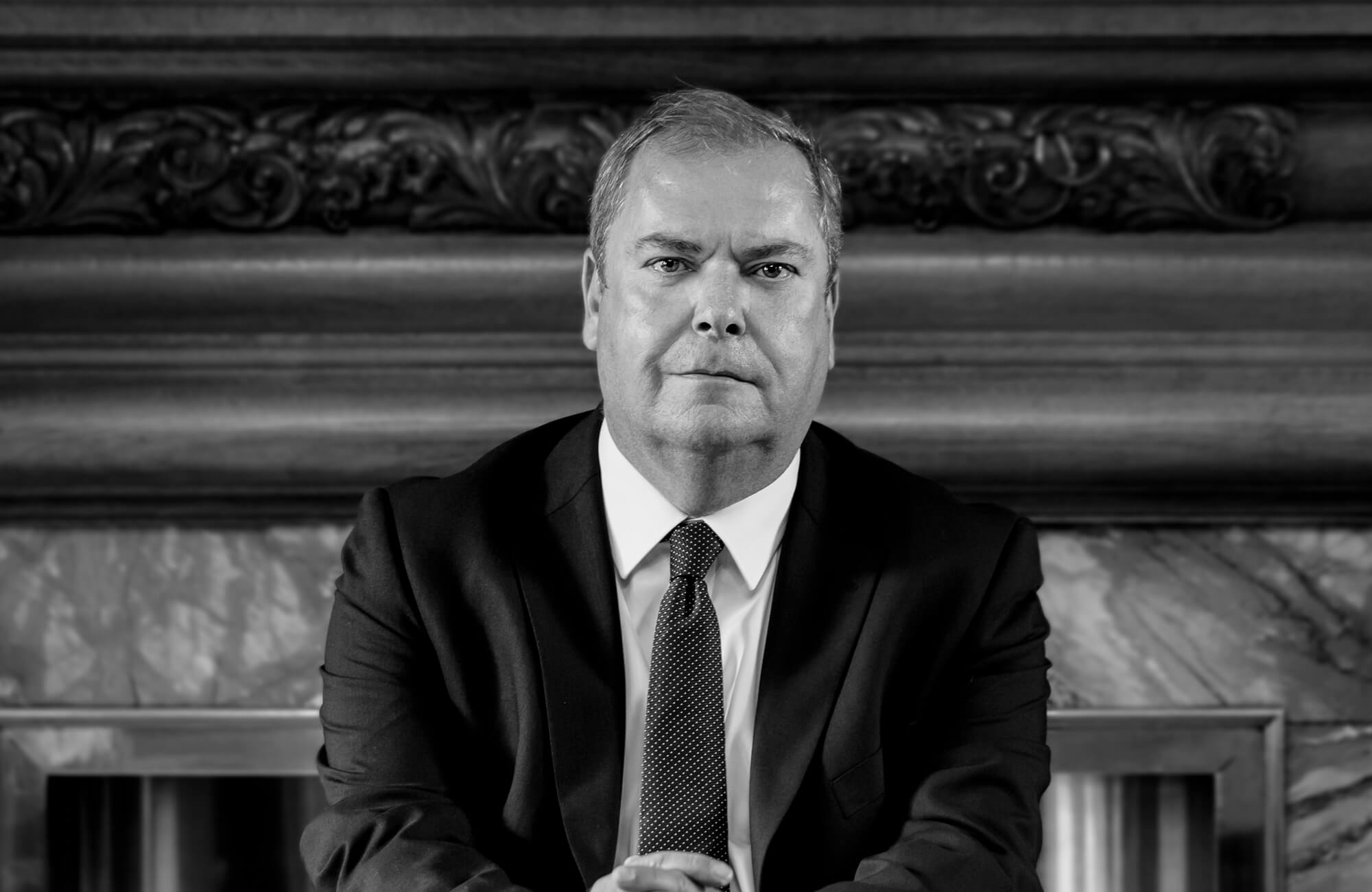In the reign of Queen Victoria, 1877 saw the first Wimbledon lawn tennis tournament. 5 years later the Royal Courts of Justice opened on the Strand. Both institutions are still going strong, but share a failure to recognise their fading glory. 10 million television viewers watched the FIFA 2018 World Cup Final, less than half that figure watched the Wimbledon men’s singles final in that same year.
In the age of the internet, code and algorithms have replaced the legal system as the limiter on behaviour. Although the prize money goes up in both arenas each year, they both display a weirdness that appears out of place in the 21st century.
David Foster Wallace wrote over a decade ago about Wimbledon, “verily it is the game’s Mecca, the cathedral of tennis; but it would be easier to sustain the appropriate level of on-site veneration if the tournament weren’t so intent on reminding you over and over that it’s the cathedral of tennis. There’s a peculiar mix of stodgy self-satisfaction and relentless self-promotion and -branding.”
The stained glass windows which bear the coats of arms of former Lord Chancellors echo this “stodgy self-satisfaction” in the Strand as do the archaic robes the judiciary like to wear. As for the relentless self-promotion and –branding, we are frequently reminded that we have the best legal system in the world, even if it remains accessible only to Russian oligarchs. It would take a brave man to predict that lawn tennis will no longer be played at Wimbledon in 50 years’ time. It is perhaps less courageous or controversial to predict that the mock baroque casino in the Strand will be no more.
In the reign of Queen Victoria, 1877 saw the first Wimbledon lawn tennis tournament. 5 years later the Royal Courts of Justice opened on the Strand. Both institutions are still going strong, but share a failure to recognise their fading glory. 10 million television viewers watched the FIFA 2018 World Cup Final, less than half that figure watched the Wimbledon men’s singles final in that same year.
In the age of the internet, code and algorithms have replaced the legal system as the limiter on behaviour. Although the prize money goes up in both arenas each year, they both display a weirdness that appears out of place in the 21st century.
David Foster Wallace wrote over a decade ago about Wimbledon, “verily it is the game’s Mecca, the cathedral of tennis; but it would be easier to sustain the appropriate level of on-site veneration if the tournament weren’t so intent on reminding you over and over that it’s the cathedral of tennis. There’s a peculiar mix of stodgy self-satisfaction and relentless self-promotion and -branding.”
The stained glass windows which bear the coats of arms of former Lord Chancellors echo this “stodgy self-satisfaction” in the Strand as do the archaic robes the judiciary like to wear. As for the relentless self-promotion and –branding, we are frequently reminded that we have the best legal system in the world, even if it remains accessible only to Russian oligarchs. It would take a brave man to predict that lawn tennis will no longer be played at Wimbledon in 50 years’ time. It is perhaps less courageous or controversial to predict that the mock baroque casino in the Strand will be no more.

